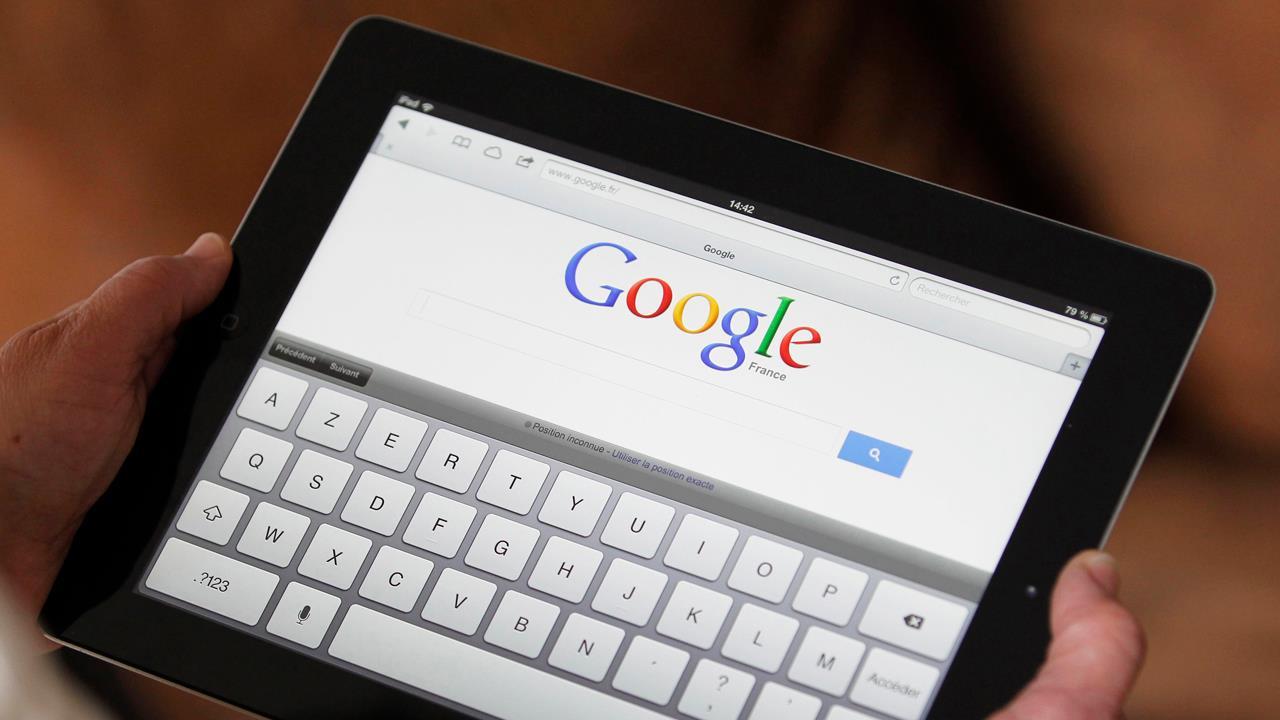Google, Twitter and Facebook should not be regulated: Ari Fleischer
President Trump didn’t mince words last week when he lashed out at tech giants over what he said is biased behavior against conservative voices.
“Google and Twitter and Facebook, they’re really treading on very, very troubled territory and they have to be careful. It’s not fair to large portions of the population,” Trump told reporters in the Oval Office last month. He also claimed that his administration has “literally thousands and thousands of complaints coming in” about the tech companies’ practices.
Trump criticized the social media companies on Twitter as well.
| Ticker | Security | Last | Change | Change % |
|---|---|---|---|---|
| FB | PROSHARES TRUST S&P 500 DYNAMIC BUFFER ETF | 42.42 | +0.35 | +0.84% |
| TWTR | NO DATA AVAILABLE | - | - | - |
| QQQ | INVESCO QQQ TRUST - USD DIS | 609.65 | +12.62 | +2.11% |
Twitter CEO Jack Dorsey and Facebook Chief Operating Office Sheryl Sandberg will testify in front of the Senate Intellience Committee on Sept. 5 about their responses to foreign influence operations. Larry Page, Alphabet CEO (Google’s parent company), has also been invited but has reportedly declined attending.
But according to the former press secretary for President George W. Bush, lawmakers should stop there.
“Once it crosses the line into the government trying to regulate speech or regulate private sector’s right to publish things, that’s where I draw the line,” Ari Fleischer told FOX Business during an interview on Thurdsay. “So if [Trump’s] throwing inside heat, God bless him. Have at it. Don’t hit the batter though. Don’t regulate.”
Fleischer didn’t dispute what he said is an evident liberal bias – but he stressed lawmakers would likely botch any effort to regulate. “The government has no idea how to get this right,” Fleischer said. “Once you put a bunch of politicians in charge of speech in the tech industry -- Facebook, Twitter, Google -- it’s going to turn into a fight over who gets the biggest political advantage as opposed to how to protect the most free speech.”
Whether regulation is in the future for big tech or not, Trump will likely continue to call out what he claims are unfair practices.
Trump stepped up his attack on Google in a video shared online late last month,which accused Google of promoting both of President Barack Obama’s State of the Union addresses on its homepage, while failing to do the same for himself.
Google disputed the claim and said it did highlight a livestream of Trump’s State of the Union addresses on Jan. 30, 2018.
“We have historically not promoted the first address to Congress by a new President, which is technically not a State of the Union address,” the company said in a statement. “As a result, we didn’t include a promotion on google.com for this address in either 2009 or 2017."




















